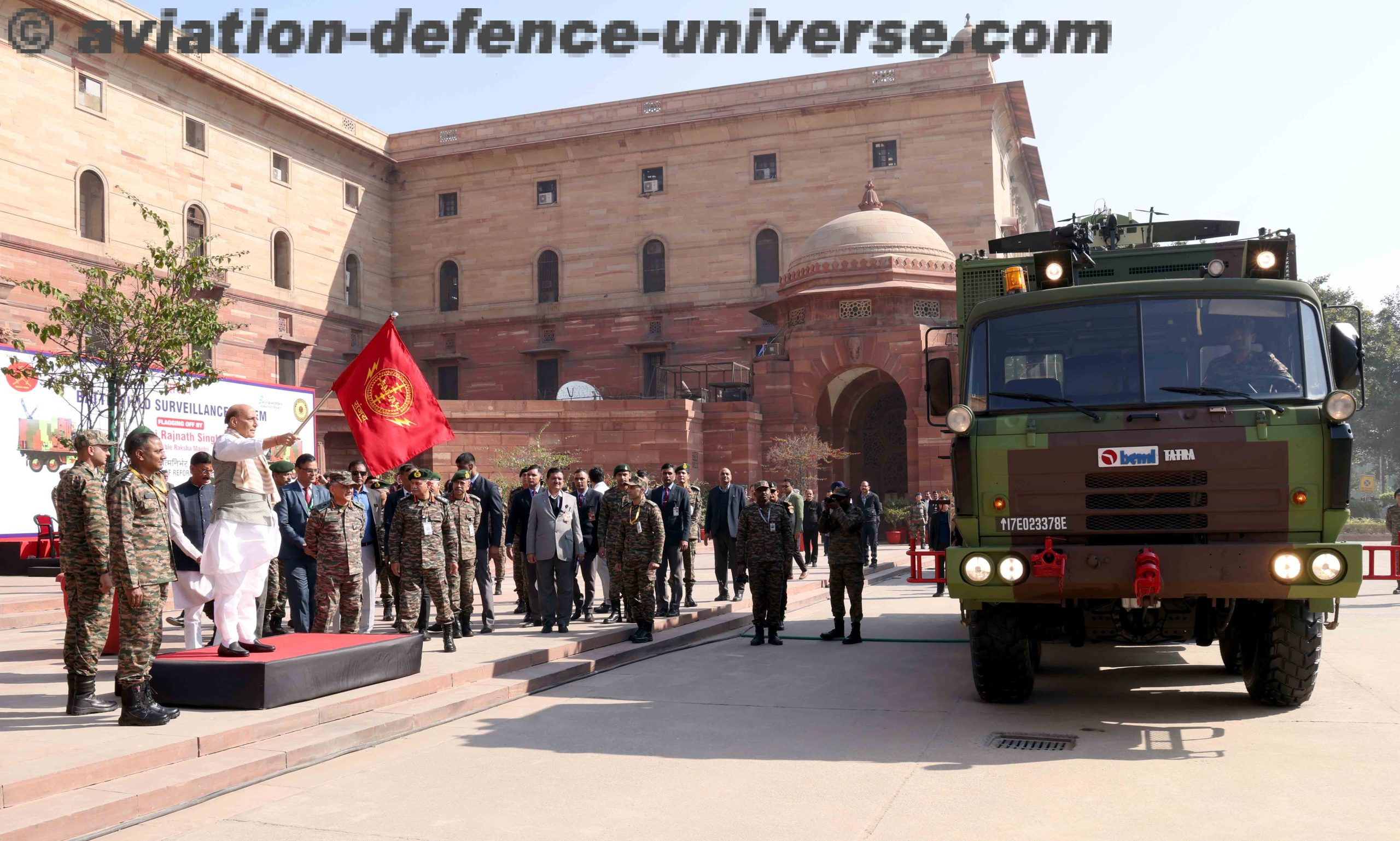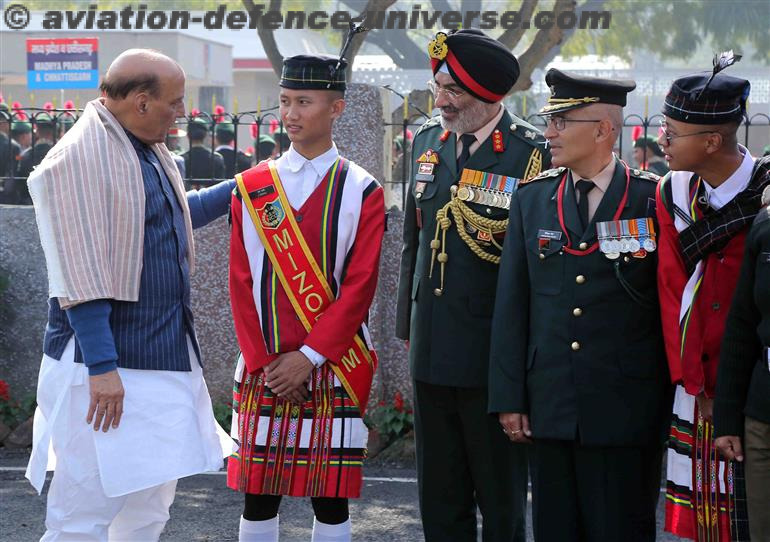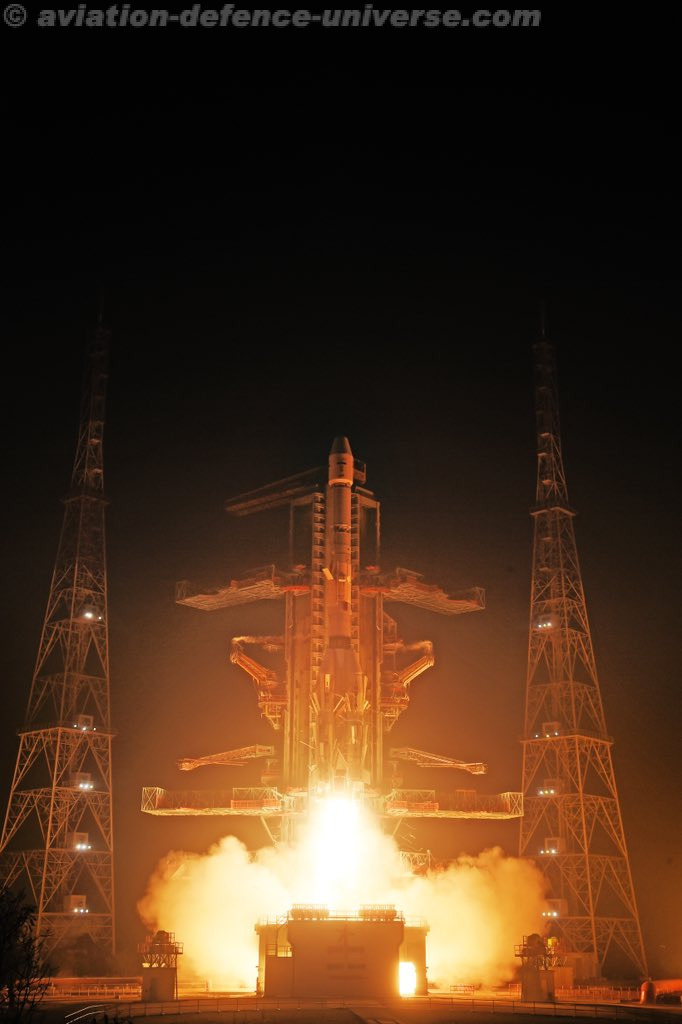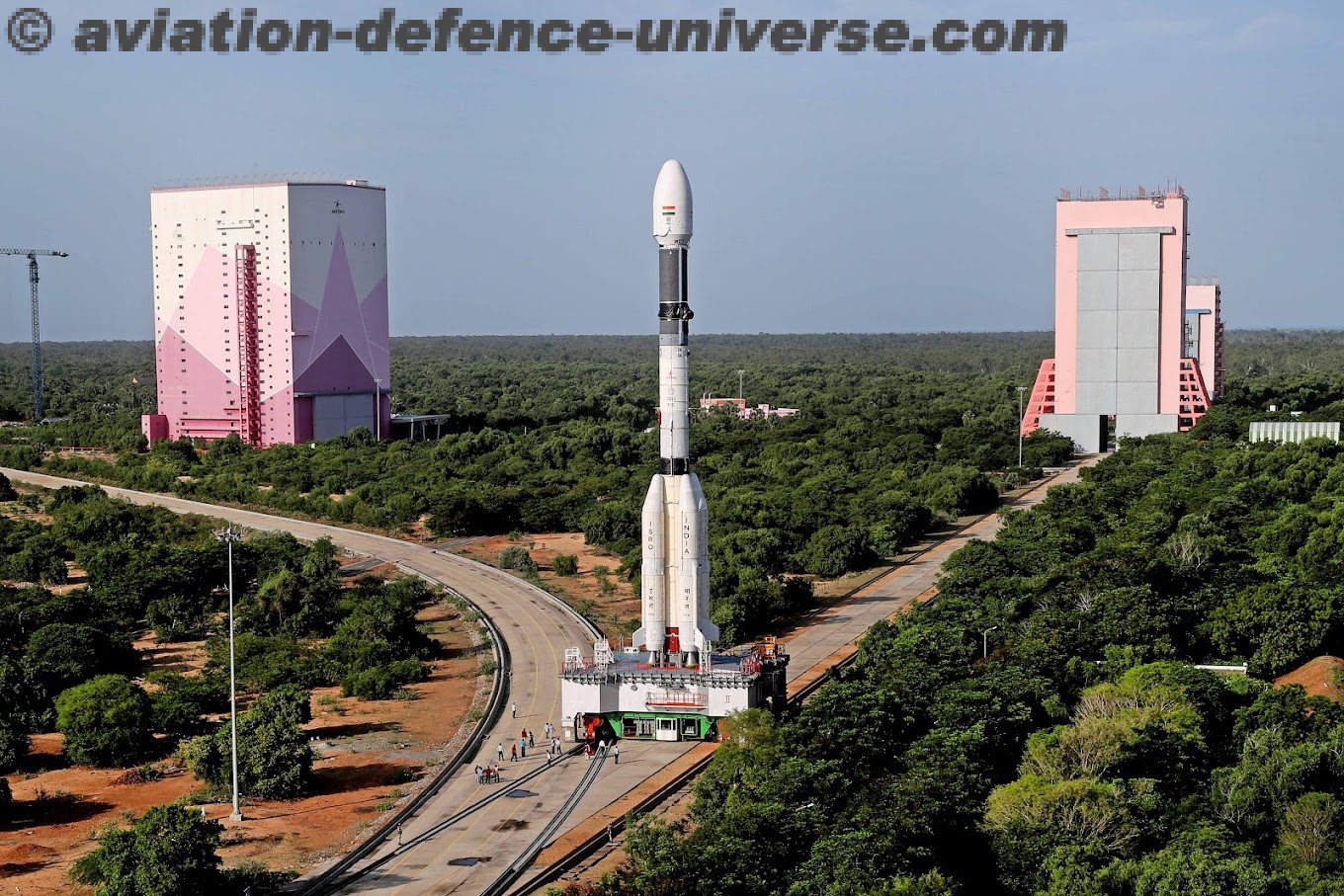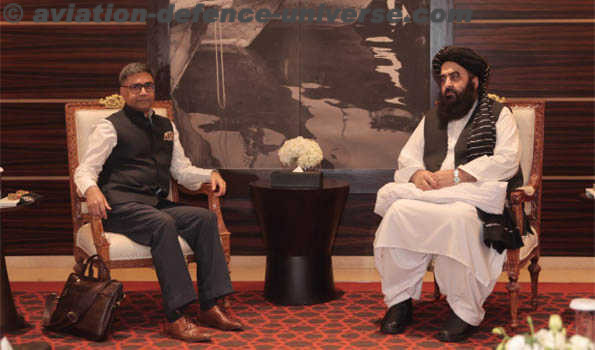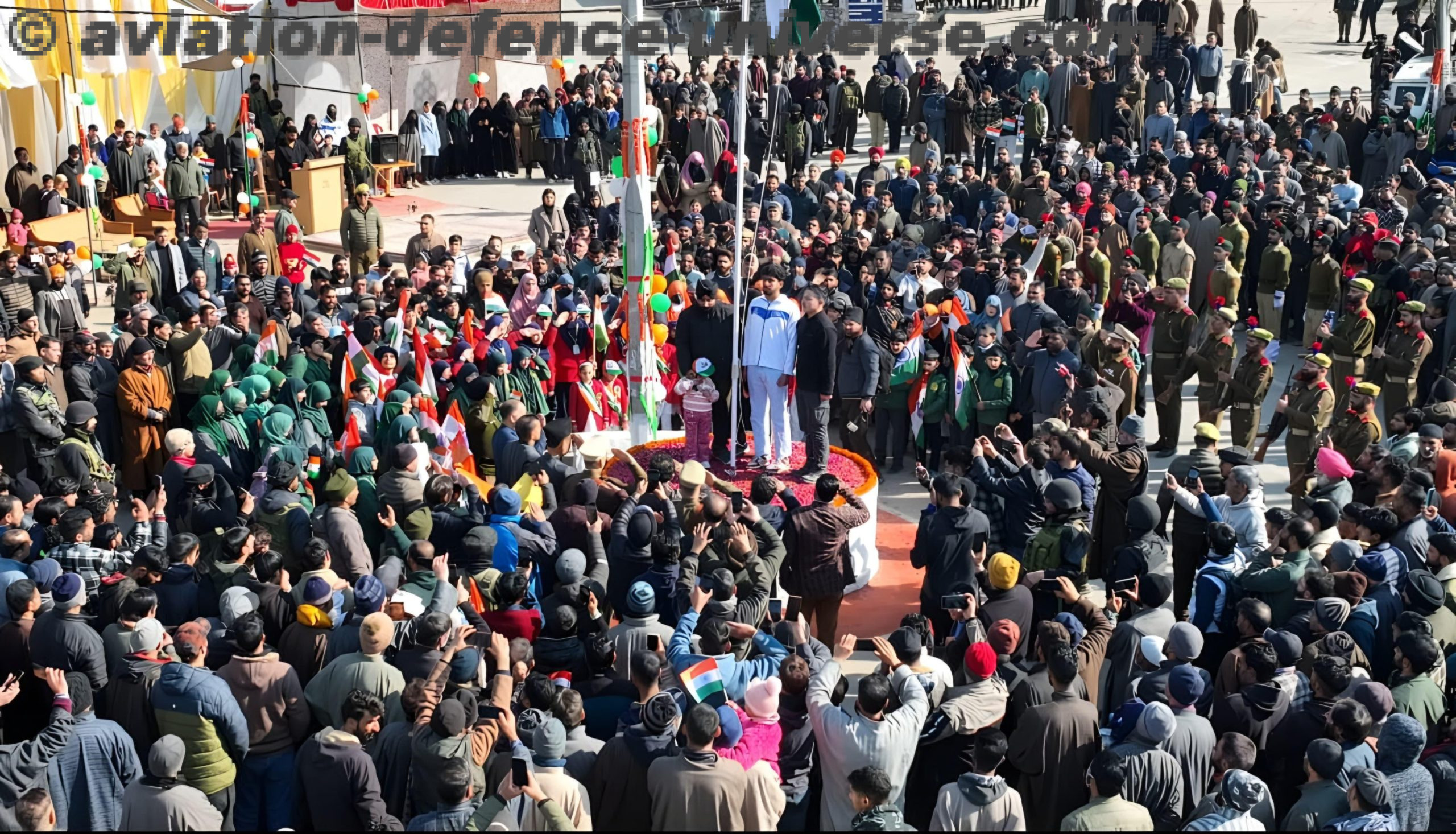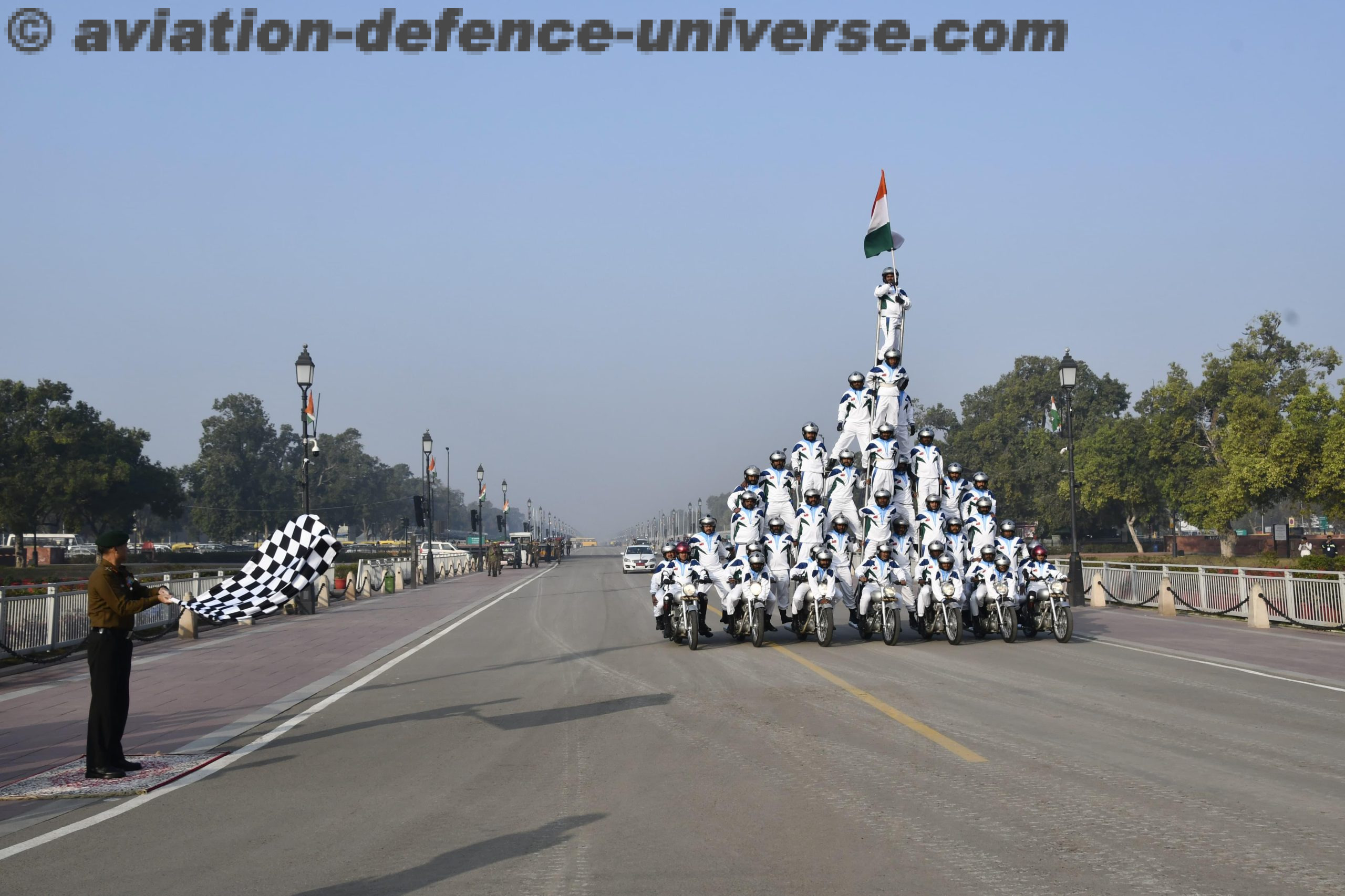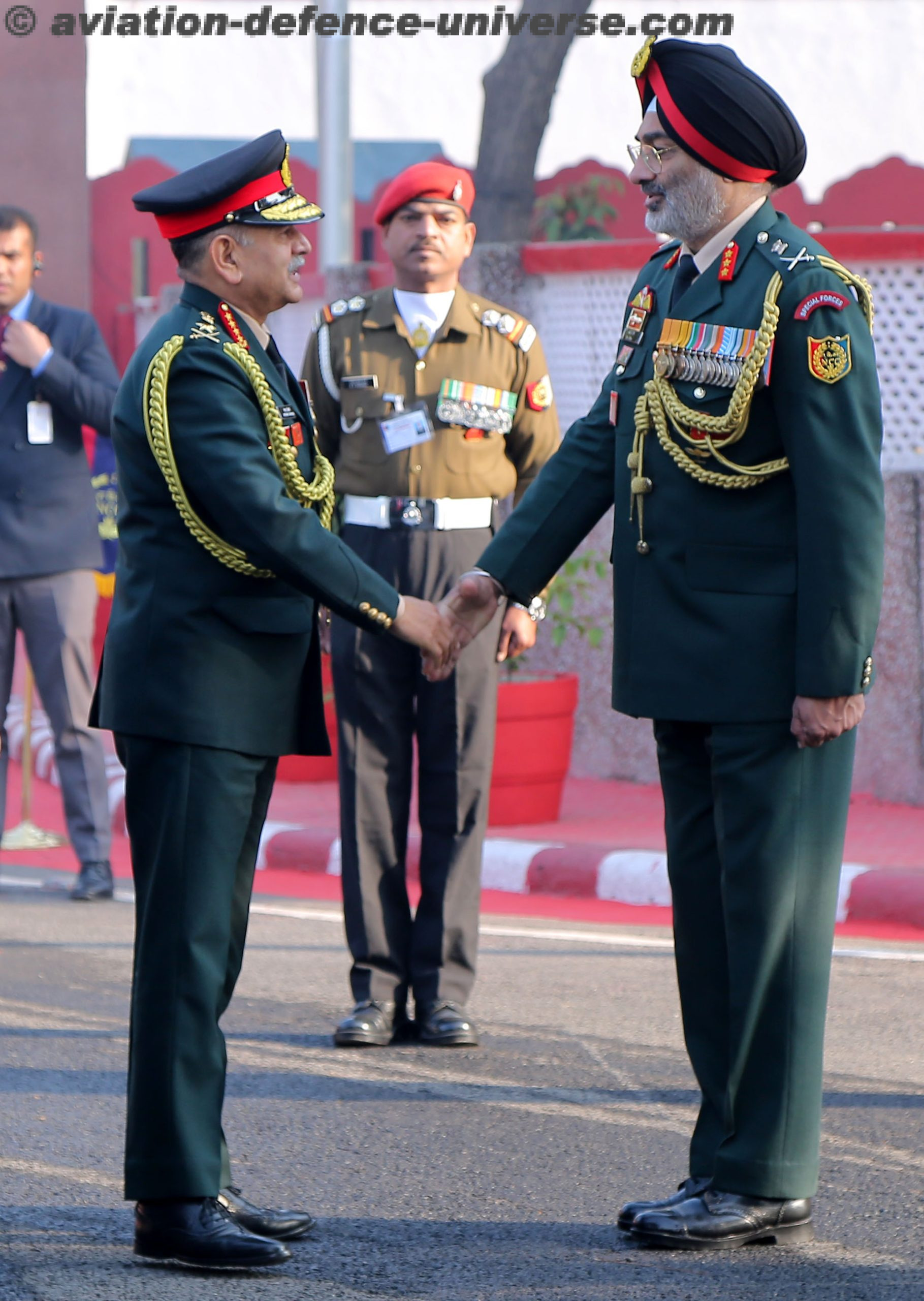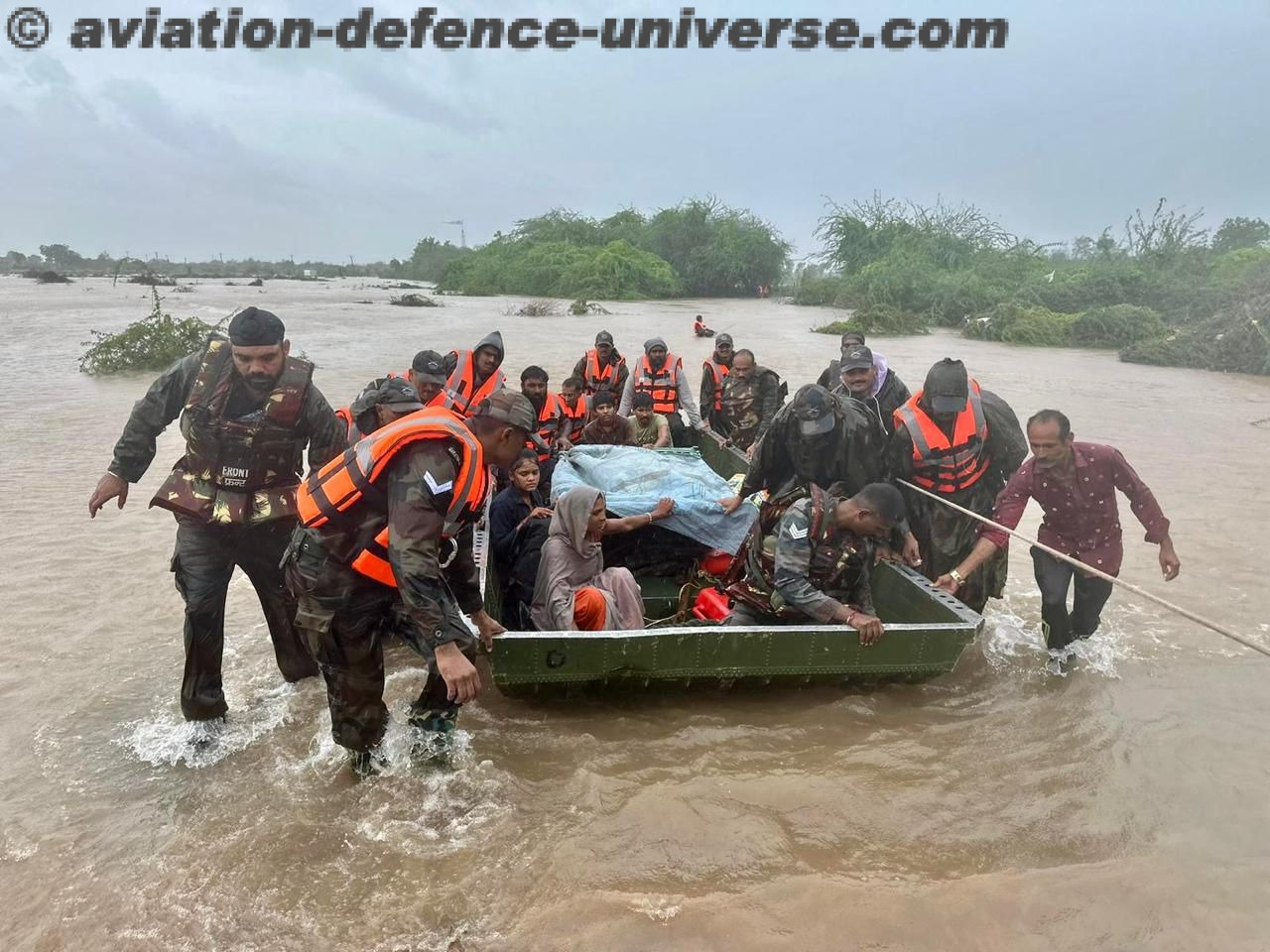48 BC – Caesar’s Civil War: Battle of Pharsalus: Julius Caesar decisively defeats Pompey at Pharsalus and Pompey flees to Egypt.
378 – Gothic War: Battle of Adrianople: A large Roman army led by Emperor Valens is defeated by the Visigoths. Valens is killed along with over half of his army.
1173 – Construction of the campanile of the Cathedral of Pisa (now known as the Leaning Tower of Pisa) begins; it will take two centuries to complete.
1329 – Quilon, the first Indian Christian Diocese, is erected by Pope John XXII; the French-born Jordanus is appointed the first Bishop.
1483 – Opening of the Sistine Chapel in Rome with the celebration of a Mass.
1500 – Ottoman–Venetian War (1499–1503): The Ottomans capture Methoni, Messenia.
1610 – The First Anglo-Powhatan War begins in colonial Virginia.
1810 – Napoleon annexes Westphalia as part of the First French Empire.
1814 – Indian Wars: the Creek sign the Treaty of Fort Jackson, giving up huge parts of Alabama and Georgia.
1842 – The Webster–Ashburton Treaty is signed, establishing the United States–Canada border east of the Rocky Mountains.
1862 – American Civil War: Battle of Cedar Mountain: At Cedar Mountain, Virginia, Confederate General Stonewall Jackson narrowly defeats Union forces under General John Pope.
1877 – Indian Wars: Battle of the Big Hole: A small band of Nez Percé Indians clash with the United States Army
1892 – Thomas Edison receives a patent for a two-way telegraph.
1902 – Edward VII and Alexandra of Denmark are crowned King and Queen of the United Kingdom of Great Britain and Ireland.
1914 – Start of the Battle of Mulhouse, part of a French attempt to recover the province of Alsace and the first French offensive of World War I.
1925 – A train robbery takes place in Kakori, near Lucknow, India
1942 – Indian leader Mahatma Gandhi is arrested in Bombay by British forces, launching the Quit India Movement.
1942 – World War II: Battle of Savo Island: Allied naval forces protecting their amphibious forces during the initial stages of the Battle of Guadalcanal are surprised and defeated by an Imperial Japanese Navy cruiser force.
1944 – The United States Forest Service and the Wartime Advertising Council release posters featuring Smokey Bear for the first time.
1944 – Continuation War: The Vyborg–Petrozavodsk Offensive, the largest offensive launched by Soviet Union against Finland during the Second World War, ends to a strategic stalemate. Both Finnish and Soviet troops at the Finnish front dug to defensive positions, and the front remains stable until the end of the war.
1945 – World War II: Nagasaki is devastated when an atomic bomb, Fat Man, is dropped by the United States B-29 Bockscar. 35,000 people are killed outright, including 23,200-28,200 Japanese war workers, 2,000 Korean forced workers, and 150 Japanese soldiers.
1945 – The Red Army invades Japanese-occupied Manchuria.
1965 – Singapore is expelled from Malaysia and becomes the only country to date to gain independence unwillingly.
1965 – A fire at a Titan missile base near Searcy, Arkansas kills 53 construction workers.
1971 – The Troubles: The British Army in Northern Ireland launches Operation Demetrius. Hundreds of people are arrested and interned, thousands are displaced, and twenty are killed in the violence that followed.
1974 – As a direct result of the Watergate scandal, Richard Nixon becomes the first President of the United States to resign from office. His Vice President, Gerald Ford, becomes president.
1993 – The Liberal Democratic Party of Japan loses a 38-year hold on national leadership.
1999 – Russian President Boris Yeltsin fires his Prime Minister, Sergei Stepashin, and for the fourth time fires his entire cabinet.
2006 – At least 21 suspected terrorists were arrested in the 2006 transatlantic aircraft plot that happened in the United Kingdom. The arrests were made in London, Birmingham, and High Wycombe in an overnight operation.
2013 – Gunmen open fire at a Sunni mosque in the city of Quetta killing at least 10 people and injuring 30.
9th August in History
Hits 2,180










